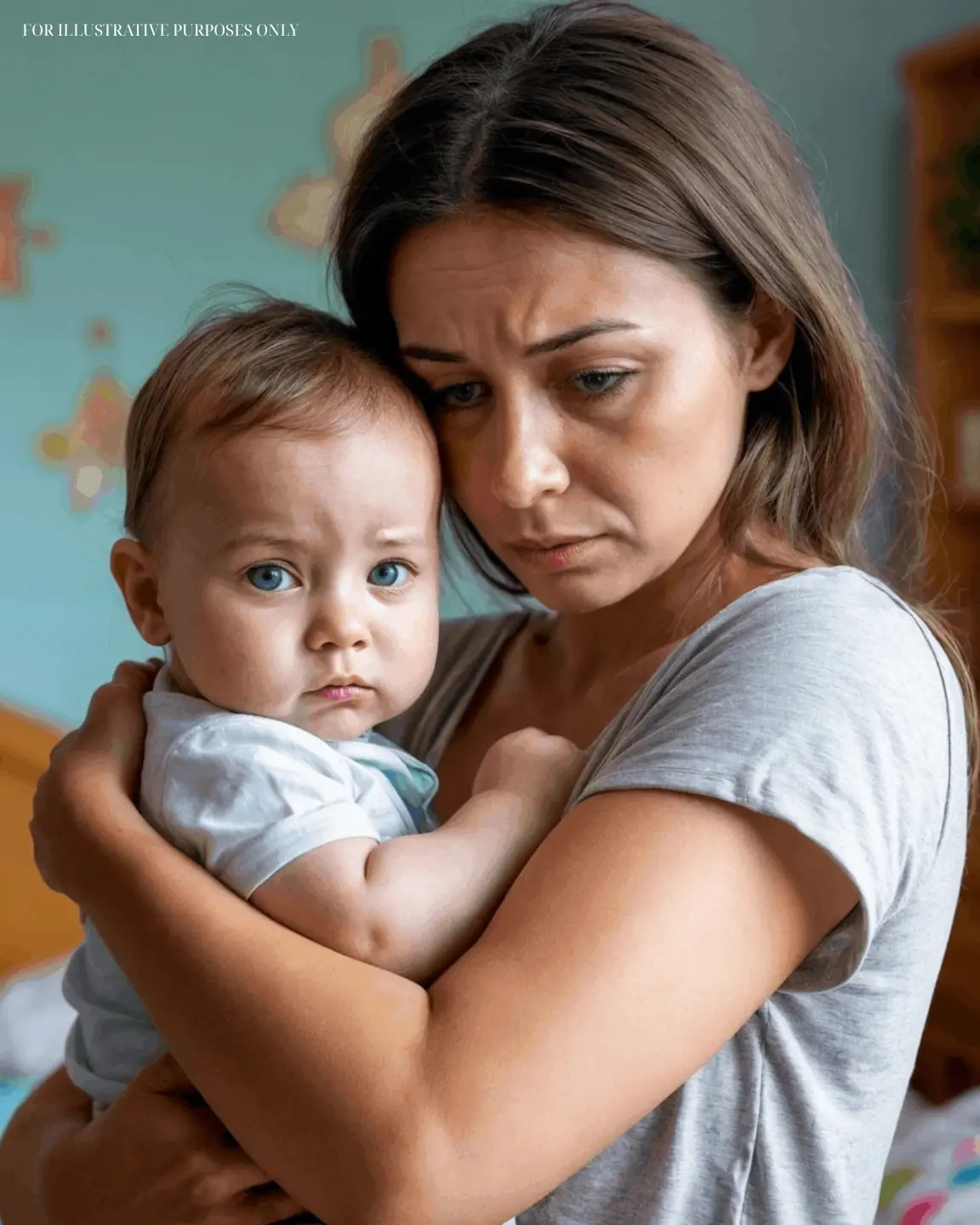
An eight-year-old child saved his sister during a severe snowstorm. But where were their parents at that time?
An icy storm had consumed the provincial town of Lesogorsk, blanketing the streets in silence and shimmering frost. In the faint glow of flickering hospital lamps, Natalie Sokolova — a seasoned administrator and former social worker — relished a rare moment of quiet at the front desk.
But at 9:47 PM, the front door creaked open, pushed by a gust of wind — and in stepped a boy, no older than eight. His jacket was far too thin for the weather, his soaked wool hat dripped with melting frost, and his boots were half unlaced. He carried a child car seat with trembling arms, a tiny baby bundled inside.
“Please… I need help. My sister won’t stop crying,” he said, barely above a whisper, his lips pale and trembling.
His name was Misha Levin, and the baby — Tanya — was just six months old. Her cheeks were flushed with heat, her tiny body jerking from crying, eyes glassy with fever. Natalie’s instincts, honed over decades of work, screamed that something was seriously wrong.
While Dr. Farouk, the pediatrician on night duty, whisked the baby inside, Natalie crouched down and gently spoke to the boy. Despite his youth, his answers were clear — unnervingly adult.
Their mother worked nights. The father was “busy.” He had walked all the way from the Eastern district, over three kilometers through wind and snow, carrying formula, a change of clothes, and diapers. Everything an adult might bring — except Misha was only eight.
The phone numbers he gave went unanswered. Dr. Farouk soon confirmed a diagnosis — acute otitis media with a dangerously high fever. Not yet critical, but bordering on emergency. The staff praised the boy’s actions. Without him, his sister could have faced life-threatening complications.
But Natalie felt no pride in the system that had forced a child to act like a parent. Her heart ached.
By regulation, Child Protective Services should have been contacted immediately. But Dr. Farouk, a father himself, agreed to wait until morning. Natalie quietly offered to escort the children home.
The Eastern district welcomed them with the scent of rust and despair. Peeling paint, broken windows, the elevator long dead. Apartment 12-B had a dented steel door scratched with names and rust.
"You don't need to come in," Misha said quickly, key already in hand.
"I need to explain the medication to your parents," Natalie replied firmly.
Inside, the apartment smelled of smoke, mildew, and stale beer. A man stirred on the couch — Vadim Levin. His breath stank of cheap homemade liquor.
"What do you want?" he slurred, barely lifting his head.
Natalie explained briefly what had happened. He only grunted, waving her off.
"We’ll manage. Got everything under control."
Misha shrank into the hallway, Tanya still in his arms.
“If anything happens,” Natalie said quietly, pressing a folded piece of paper with her number into his palm, “you call me.”
She stepped back into the storm. The wind howled. The snow came in sideways.
At 11:23 PM, Natalie looked up from her screen. Her chest tightened.
Misha was back.
He stood in the lobby — soaking wet, shivering, no car seat this time. Tanya was wrapped in a thin blanket, clutched to his chest like the last warmth in the world.
“She’s… breathing funny,” he whispered, eyes red and frightened.
The baby was burning up, breath wheezing. The ER staff moved immediately, rushing her back. Misha remained in place, unmoving.
“Parents?” Natalie asked softly.
“Mom’s sick. Dad left. I left a note… in case.”
This time, the diagnosis was worse — severe sinusitis, dehydration, diaper rash from neglect. Antibiotics from earlier hadn’t been given at all. Tanya’s skin was inflamed, her body rigid with stress.
“We have to notify Child Services,” Dr. Farouk said.
“Give me a few minutes. Let me speak to him first,” Natalie pleaded.
Misha sat on a bench in the corner of the hallway. His small legs dangled above the floor, his shoes still dripping. His face showed the kind of exhaustion that didn’t belong to a child.
“Tell me everything,” Natalie said gently. “Not the grown-up version. The real one.”
Misha stared at the floor. “Mom doesn’t move much. She says her heart hurts. She sleeps a lot. Tanya cries, but Mom just stares. Dad says he’s finding work, but… he disappears. Days at a time.”
“And who takes care of Tanya?”
“I do,” he said simply. “Since we brought her home from the hospital. I feed her, change her, sing to her when she won’t sleep. I’m not complaining. I just… want her to be okay.”
Natalie felt something shift deep inside. This wasn’t neglect alone. It was abandonment — by the system, by everyone.
With Officer Belov, the night security guard, she reviewed the hospital’s surveillance footage. There was Misha, both nights, entering through the storm — first with the car seat, then with a blanket.
“Two nights. Alone. Where the hell were the parents?” Belov whispered.
Natalie dove into public records. Diana Levin, the mother, had quit her job at the local hospice three months prior. Vadim had been unemployed since the furniture plant closed. Their only listed activity now: gambling debts and sporadic alcohol-related offenses.
Natalie went back to the apartment. This time, the neighbor opened the door.
"You're here for the kids? About damn time."
Diana opened after two knocks. Her eyes were hollow. Her robe was stained. The apartment smelled worse than before.
“They’re sleeping,” she mumbled.
“No. They’re in the hospital,” Natalie said, her voice like stone. “Your son brought his baby sister there again. Alone. In a snowstorm.”
Diana collapsed onto the couch, her breath shaky.
“After she was born… I couldn’t function. I thought it was just exhaustion. But it got heavier. Like I was sinking. I’d hear her cry and just stare at the ceiling, wishing someone would take her away.”
Natalie said nothing — only called an ambulance. While waiting, she examined the apartment.
She found bottles labeled by time, formula sorted by expiration, diapers pre-folded, toys cleaned and stacked. Tanya’s clothes arranged by size. A shoebox filled with notes.
In Misha’s tiny room, amid worn textbooks, was a small notebook.
Dec 5.
Tanya ate all the bottles. No fever. Smiled when I played the lullaby. Mom didn’t get up. Dad came, shouted, left.
Dec 12.
Tanya only drank half. She cried a lot. Temperature went up. Nothing in the fridge. Used last of the formula. Gave her the song she likes. She stopped crying.
Drawings were scattered between the pages. Superheroes. A certificate for a chess tournament. A blue ribbon from a school race.
Tanya’s crib was empty. She always slept in her brother’s arms.
Child Services acted immediately. Tanya remained hospitalized. Misha was given clean clothes, a hot meal, and a real bed.
He didn’t smile. He accepted everything silently, warily. But Natalie stayed.
She didn’t talk about court or custody or paperwork. She sat beside him, asked him what Tanya liked, how he sang to her. He answered. Hesitant at first. Then slowly — more.
But always glancing toward her hospital room.
His sister. His world.
Misha wasn’t just a brother. He was her protector, her guardian, her comforter. A child who had carried the weight of two lives on his tiny shoulders.
And finally — someone saw him.
Not a case number. Not a tragic story. But a boy who had fought the storm. And won.
This time, help came not as a procedure, but as a person — someone who listened, who stayed, who cared.
This time, the storm did not win.
News in the same category

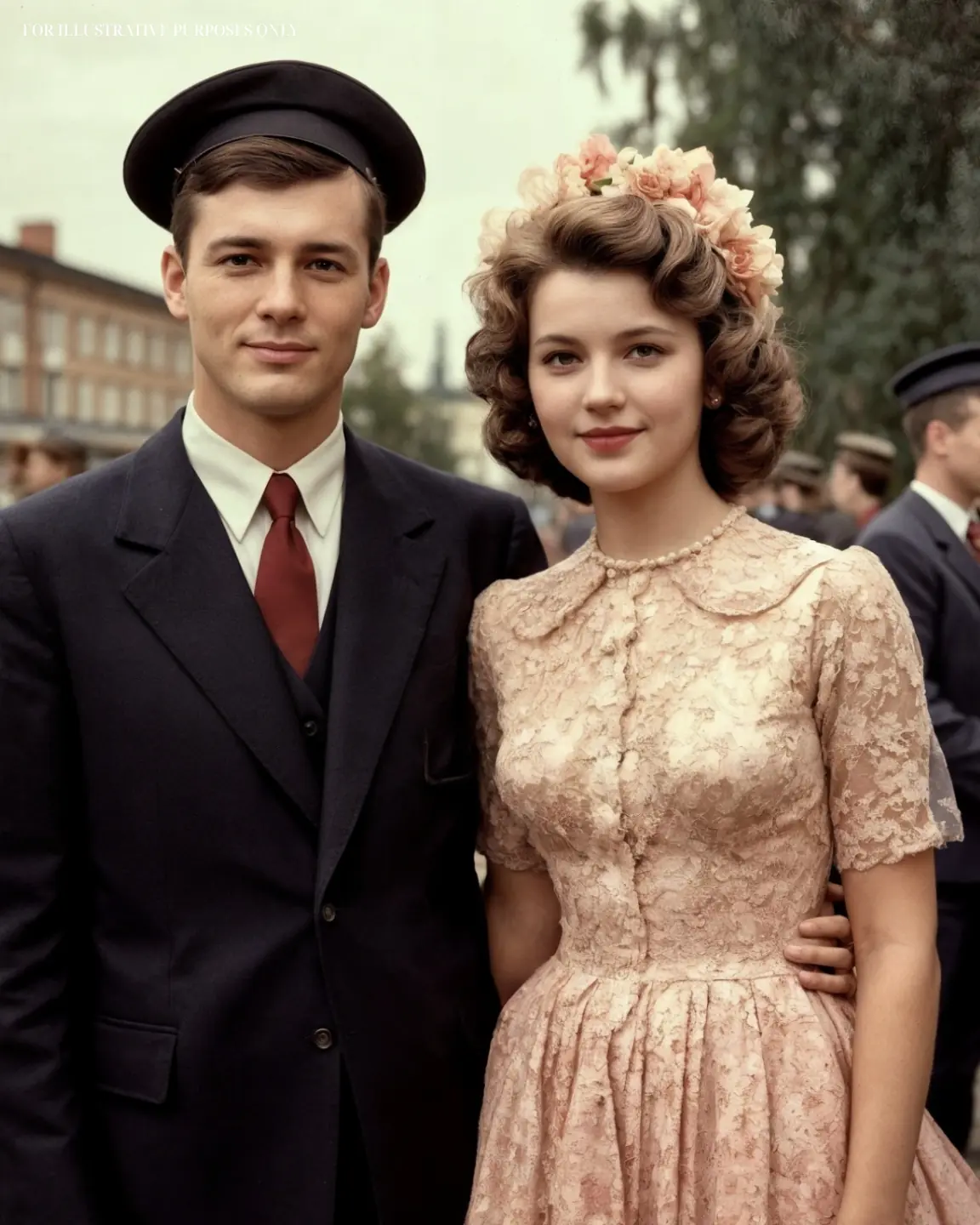
Their daughter disappeared in 1990, on the day of her graduation. And 22 years later, the father found an old photo album
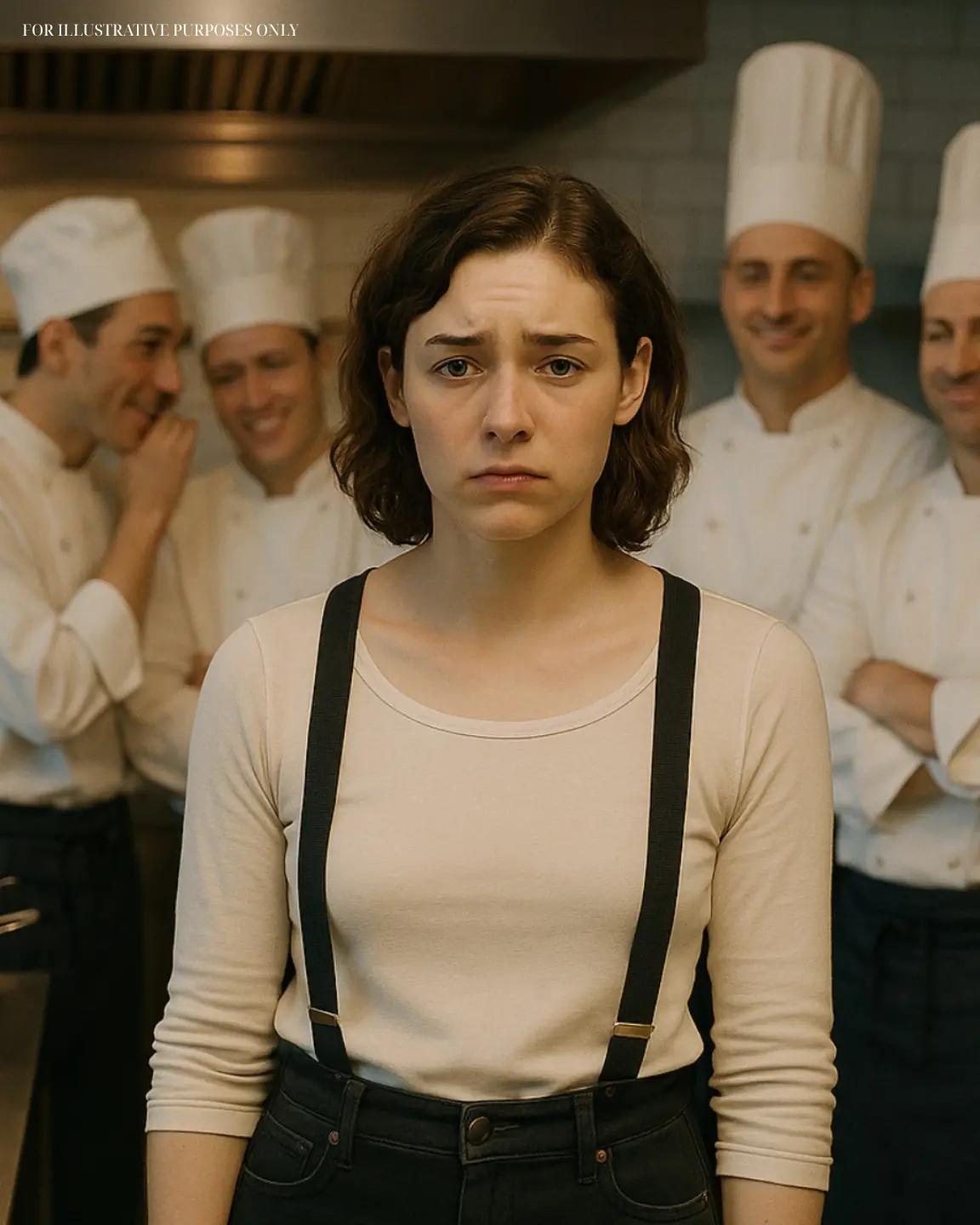
We'll live off our daughter-in-law; she has a good job," the mother-in-law shared with her friend
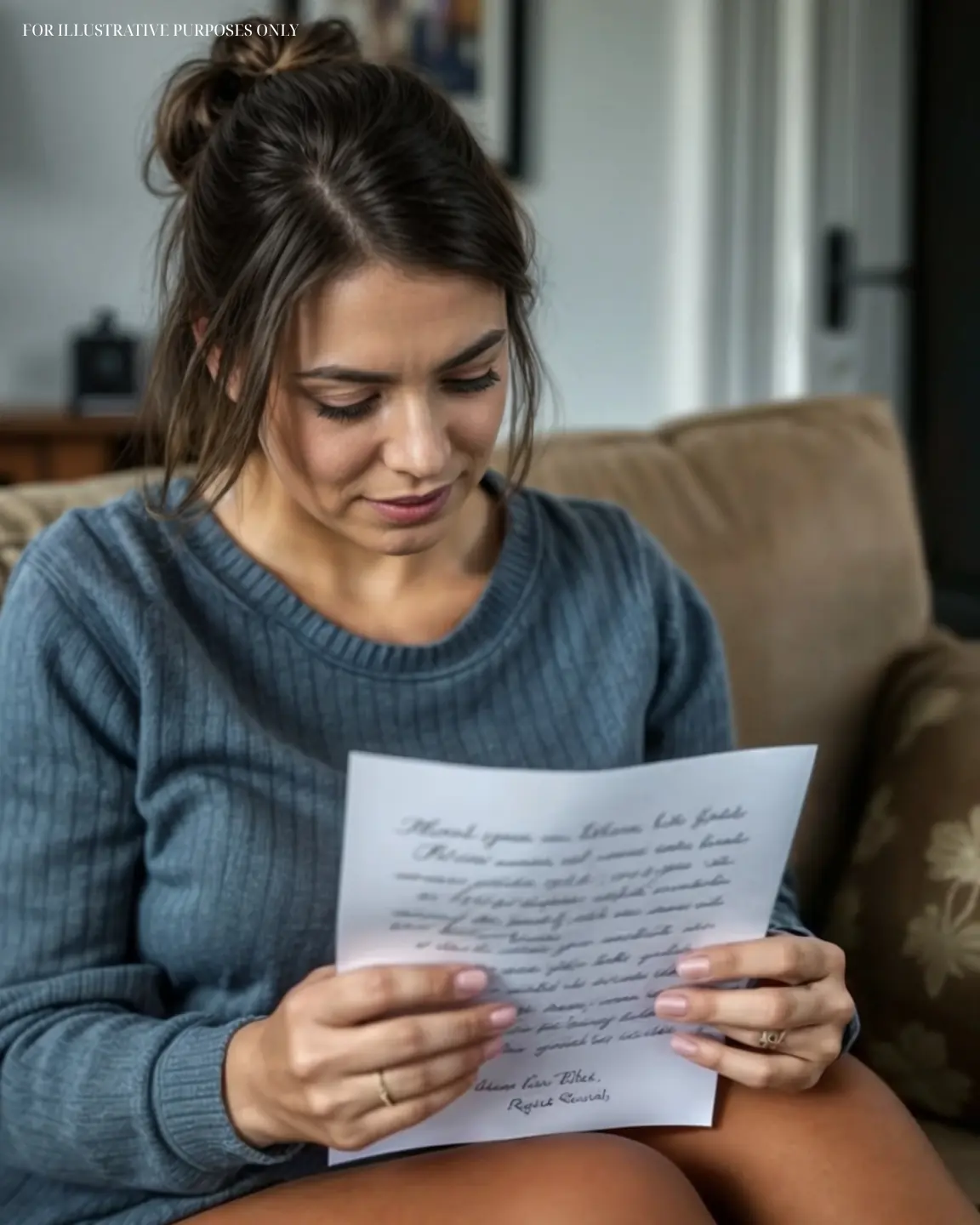
While the woman was doing a deep cleaning of the house, she came across an old letter from her deceased husband. Carefully unfolding it, she skimmed through the lines… and froze

If she needs money again, let her call the bank, not me, — Maria snapped, deleting her mother-in-law’s number from her phone
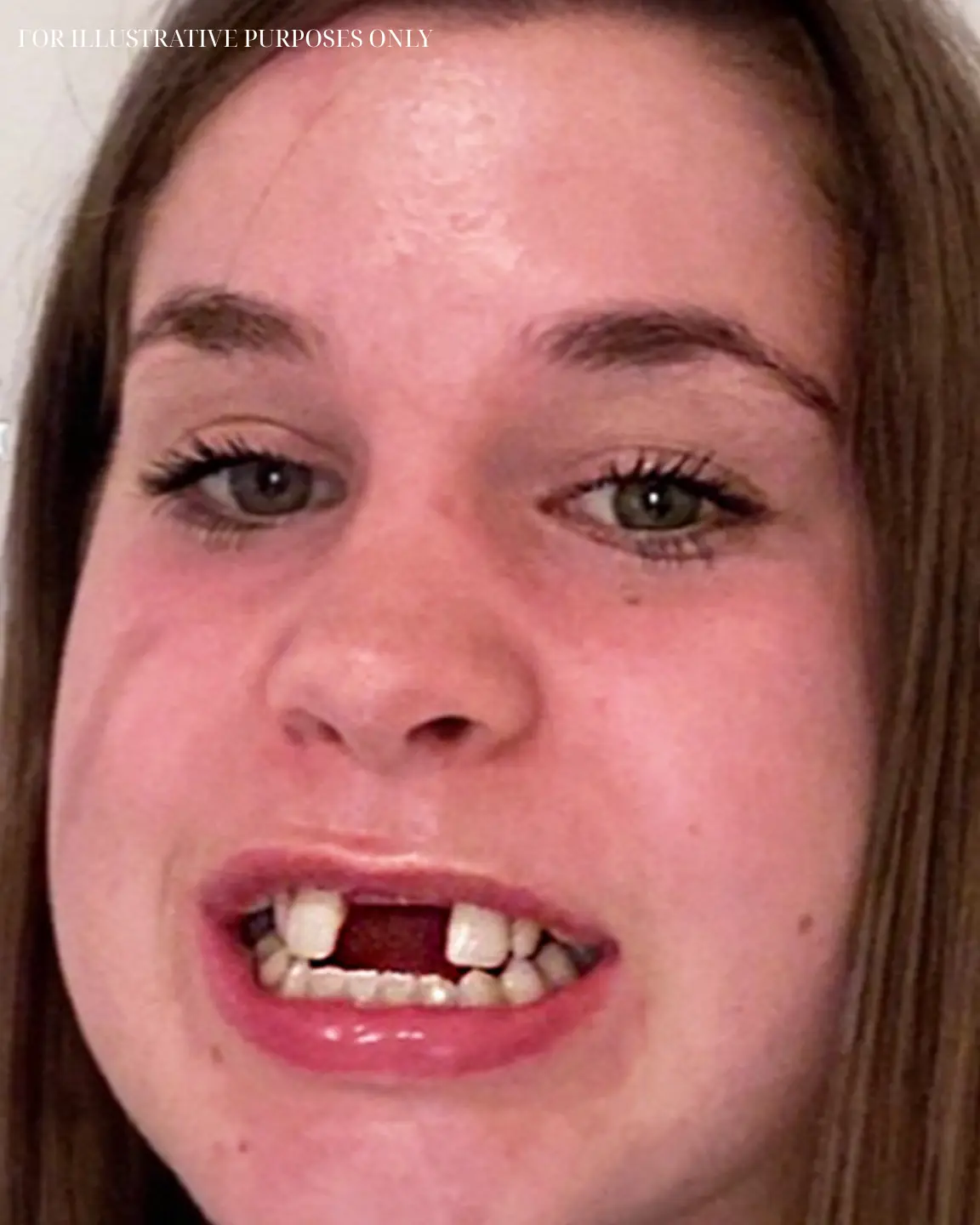
This Girl Spent 6 Years Fixing Her Jaw & After the Final Surgery, She Stunned Everyone with the Results – Her Transformation in Pics
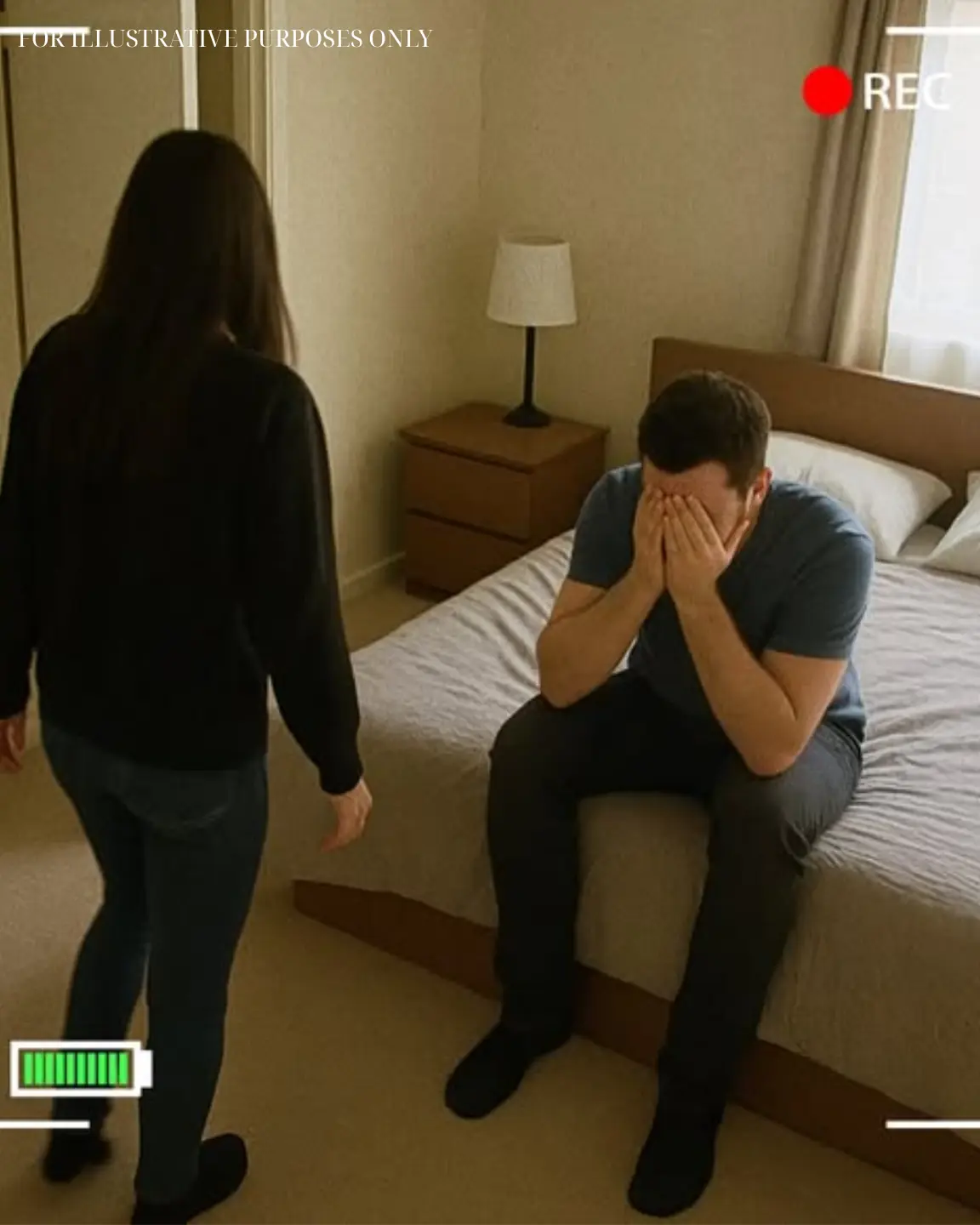
'Mom, Do You Want to Meet Your Clone?' – What My 5-Year-Old Said Uncovered a Secret I Wasn't Ready For

You’re nobody without me,» my husband declared. But a year later, in my office, he begged me for a job
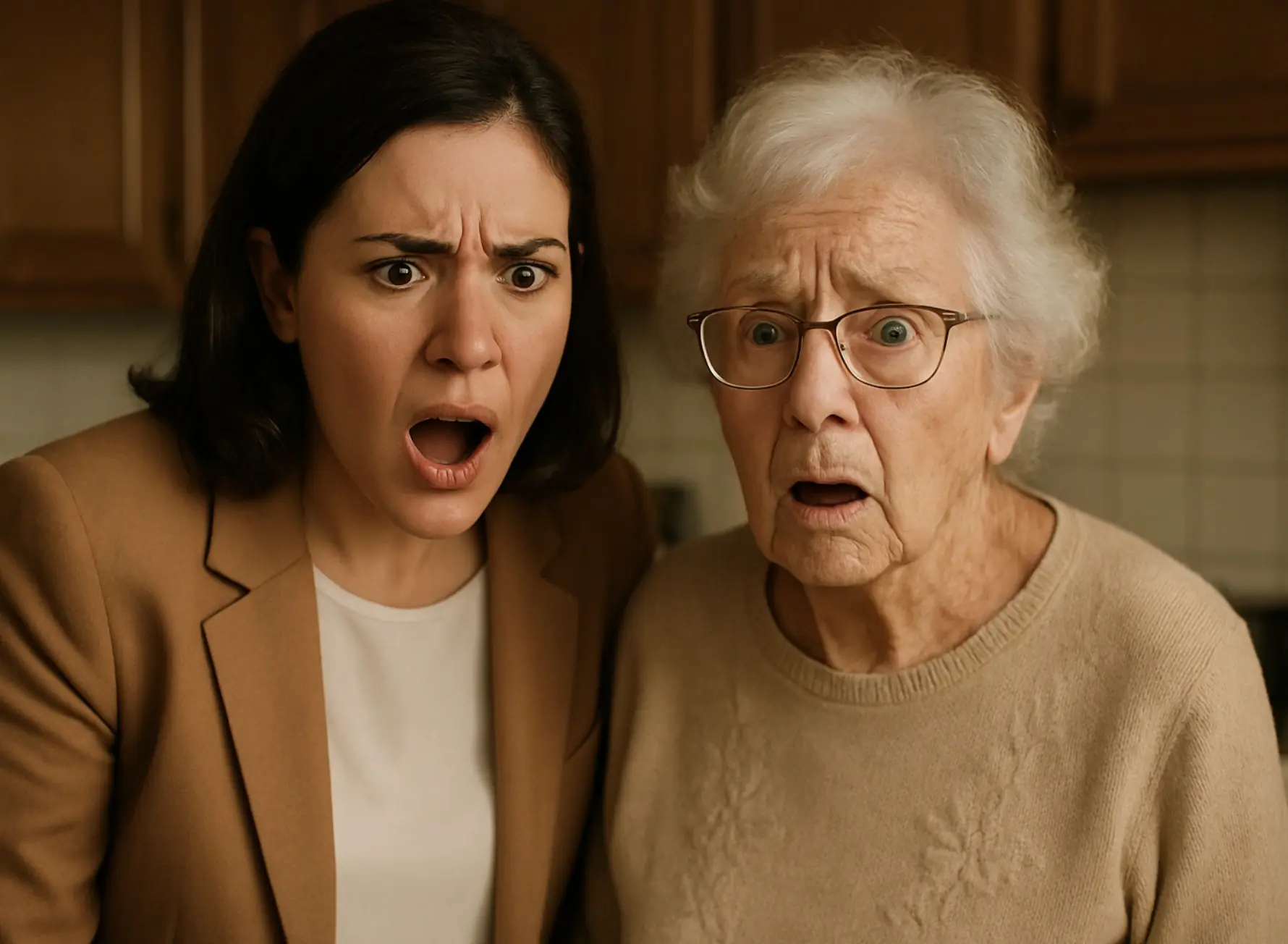
We’ll live off our daughter-in-law; she has a good job,» the mother-in-law shared with her friend
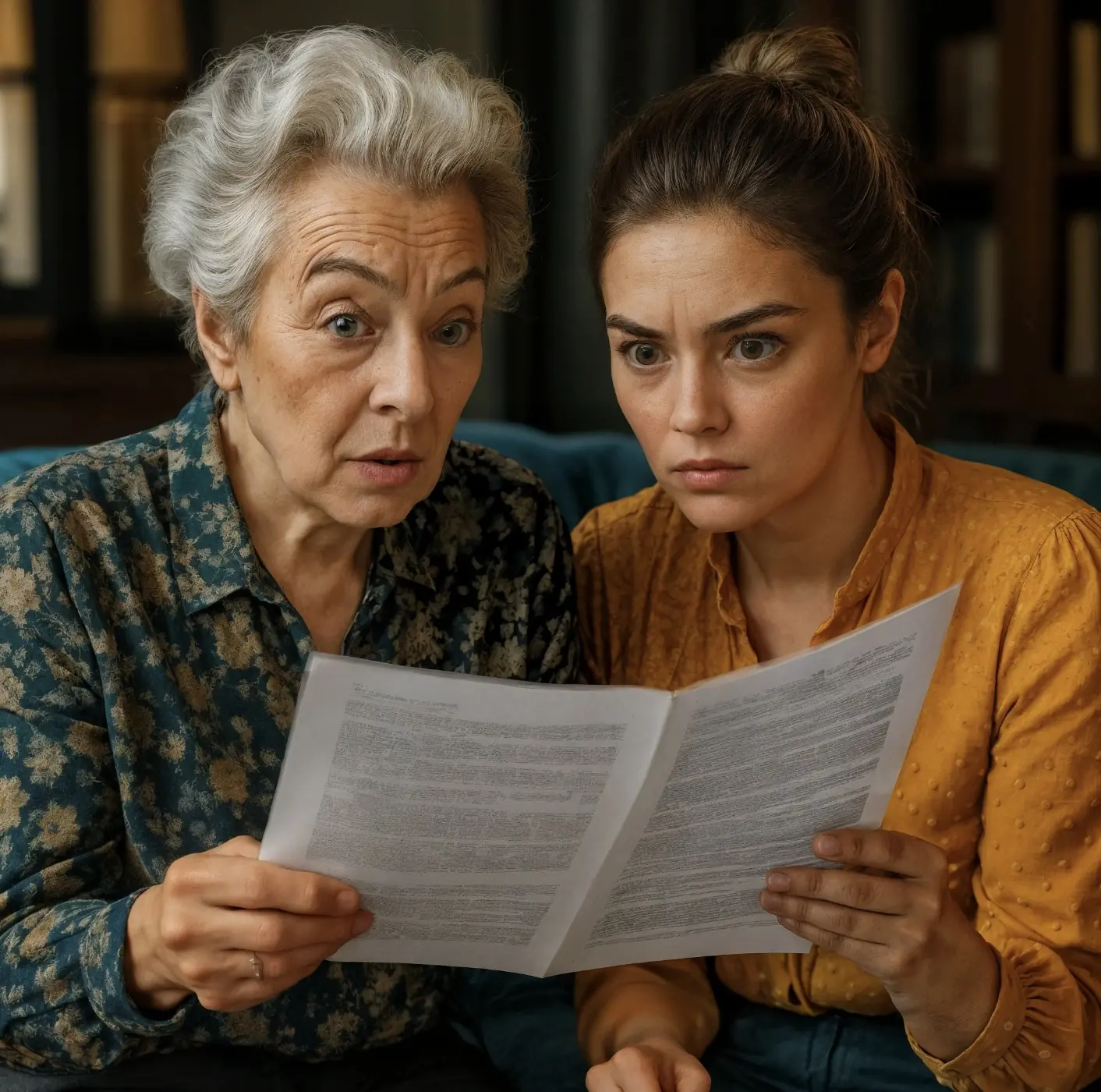
Lenočka, pay the utility bills. You have the money,” the mother-in-law asked again

Tired and confused, she spent the night at the station, having run away from her son and with no idea where to go
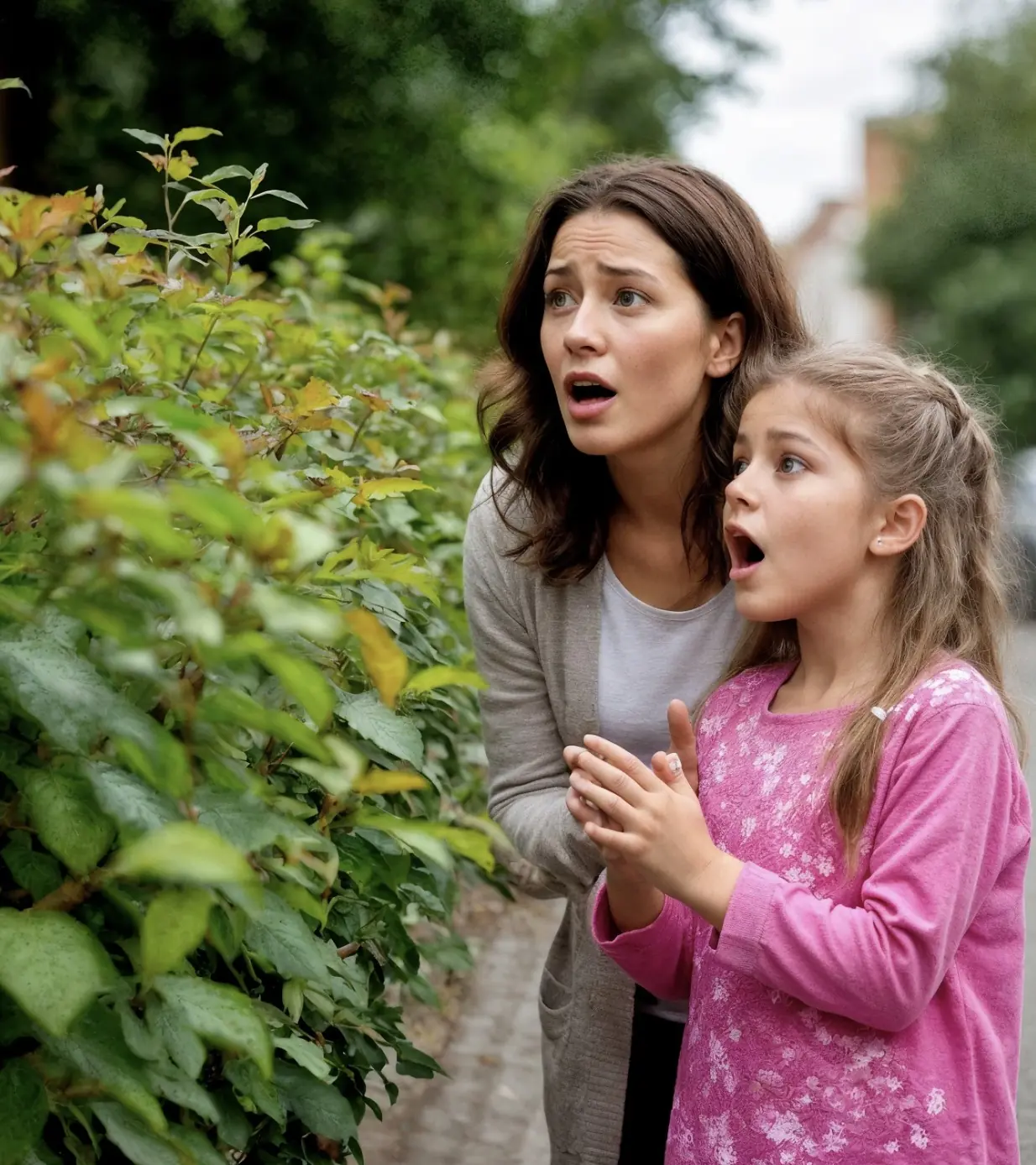
There’s a man hurting a girl!» — the child screamed, terrified, grabbing her mother’s hand. Lena glanced toward the bushes… and felt a chill run through her. Her heart froze
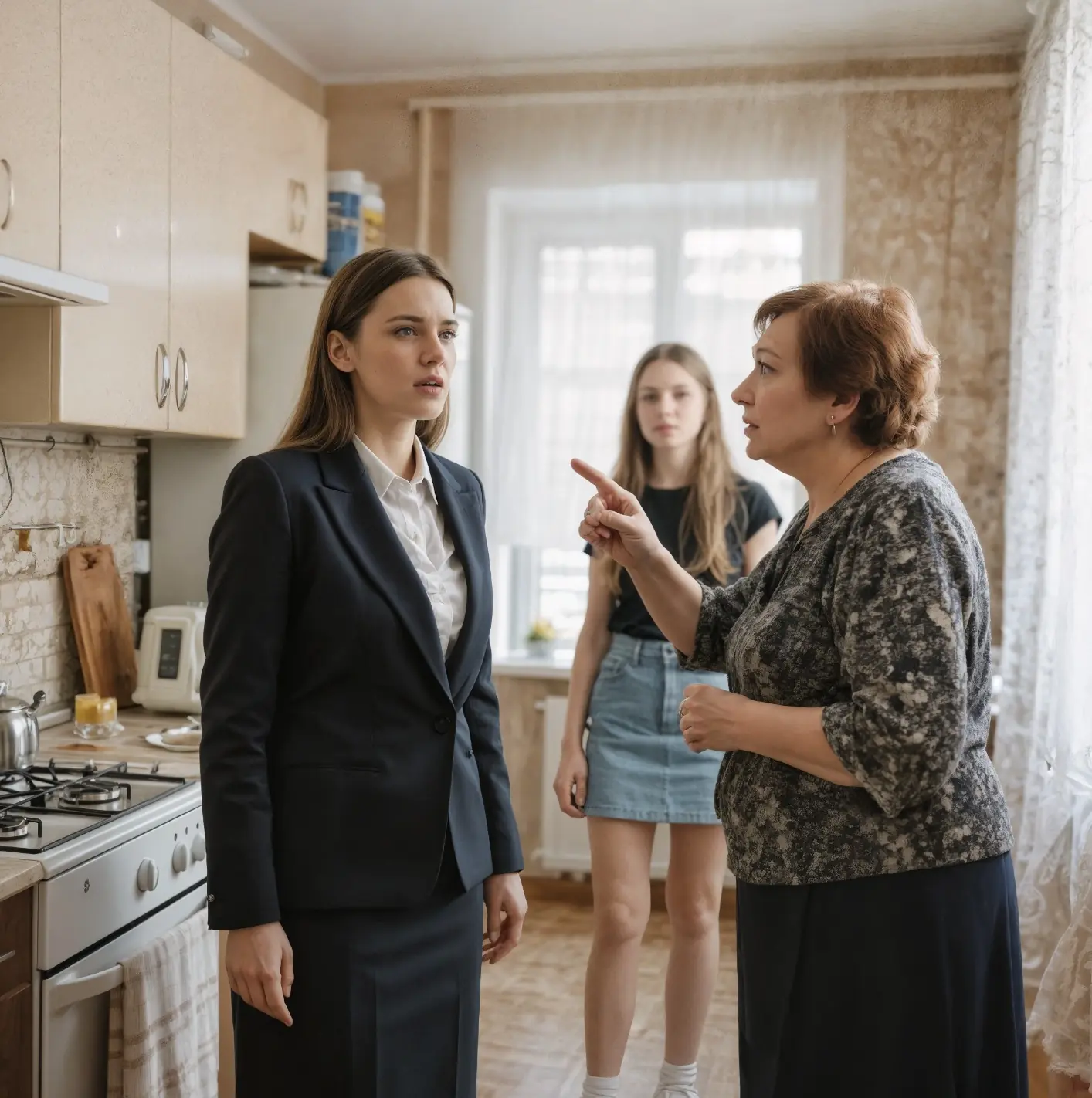
Your bonus is very timely, your sister needs to pay rent for the apartment six months in advance,” the mother ordered

Andrey sat opposite Olga, tapping his fingers on the tabletop.
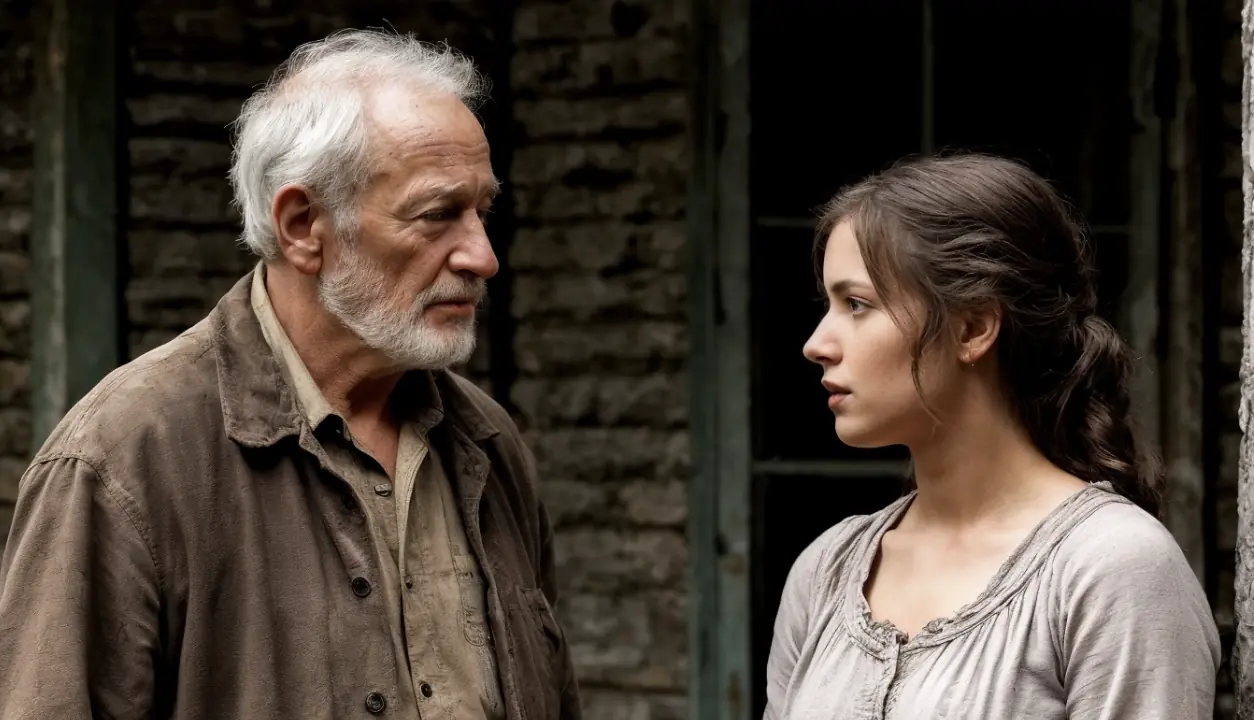
A 70-year-old elder let a stranger stay overnight — at night, the village woke up to her screams. When they found out what happened, they shuddered
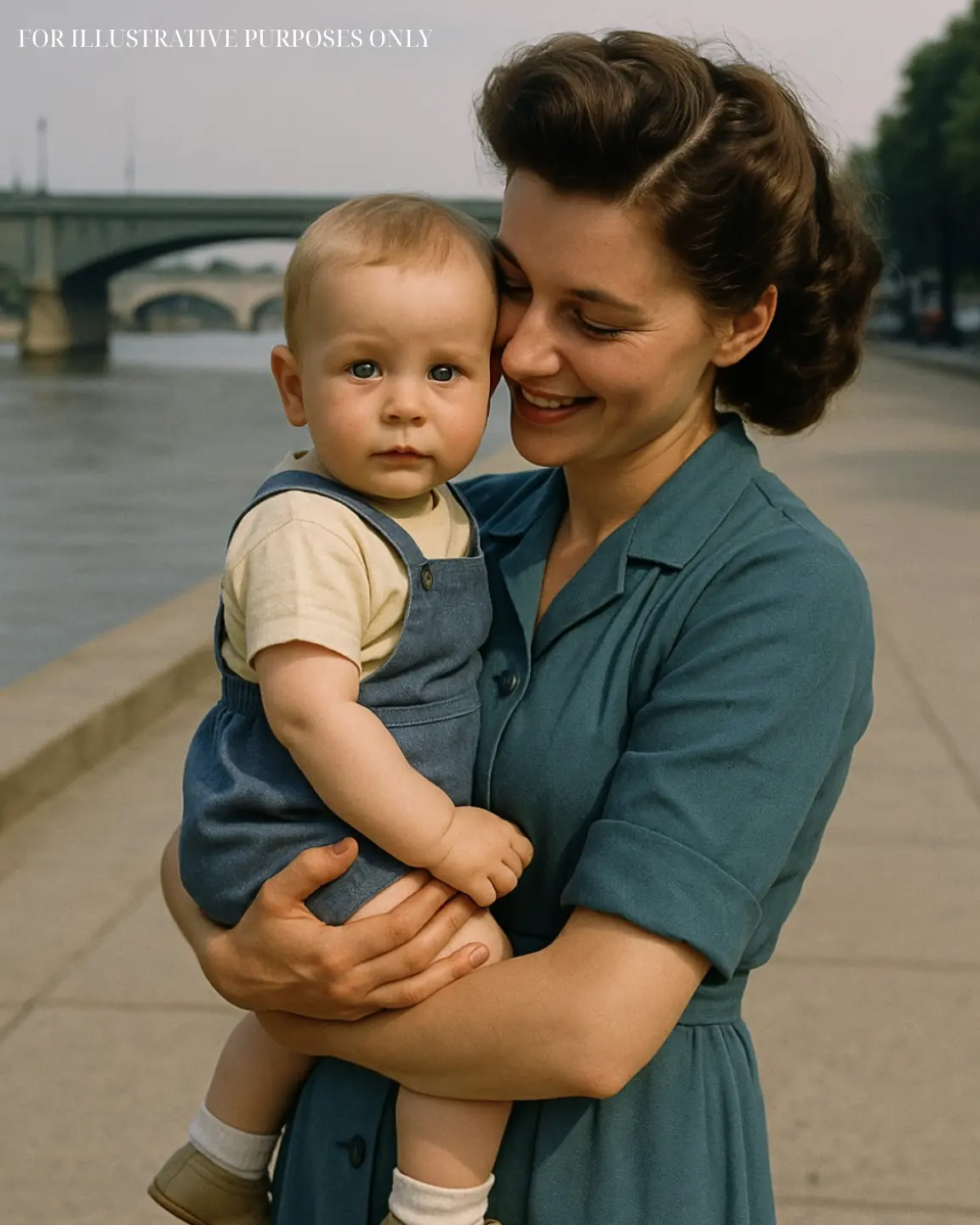
I found a little girl by the railroad tracks, raised her, but after 25 years her relatives appeared
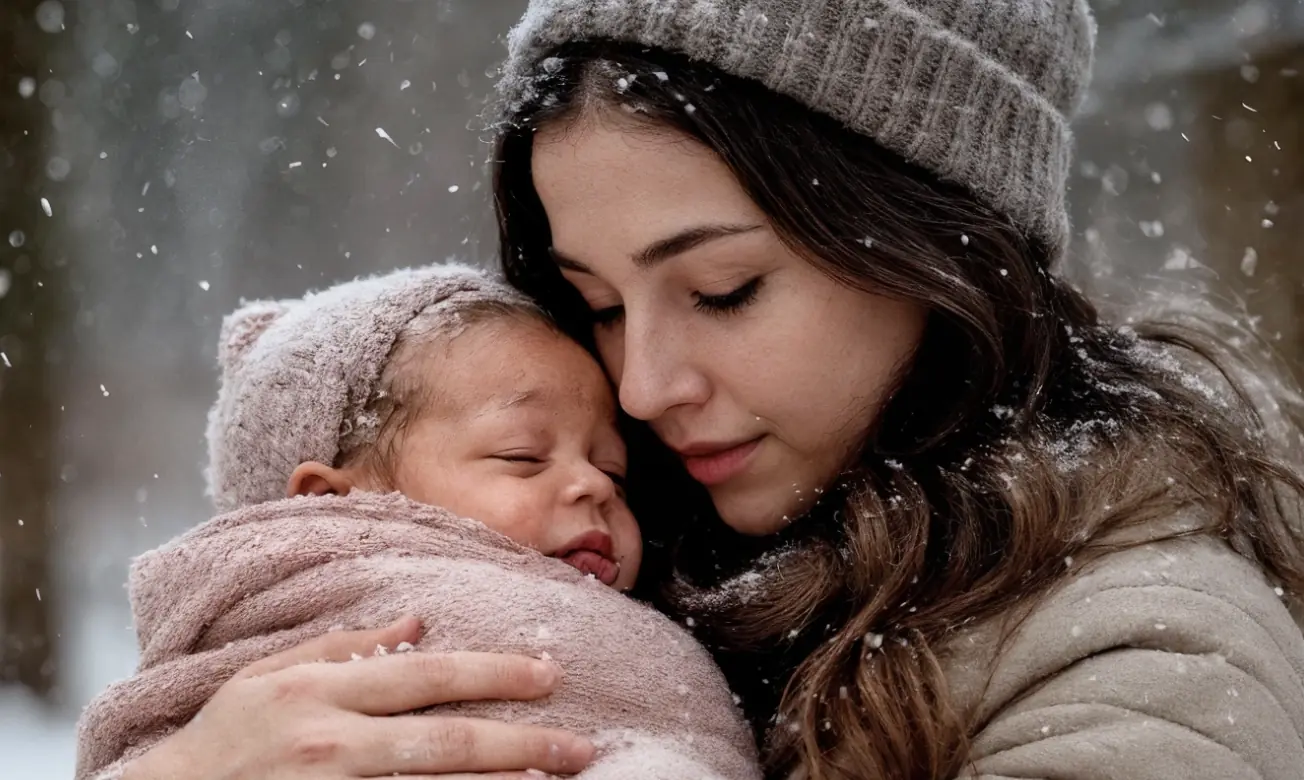
A woman left a baby at the doorstep of an orphanage in the freezing cold. But after some time…
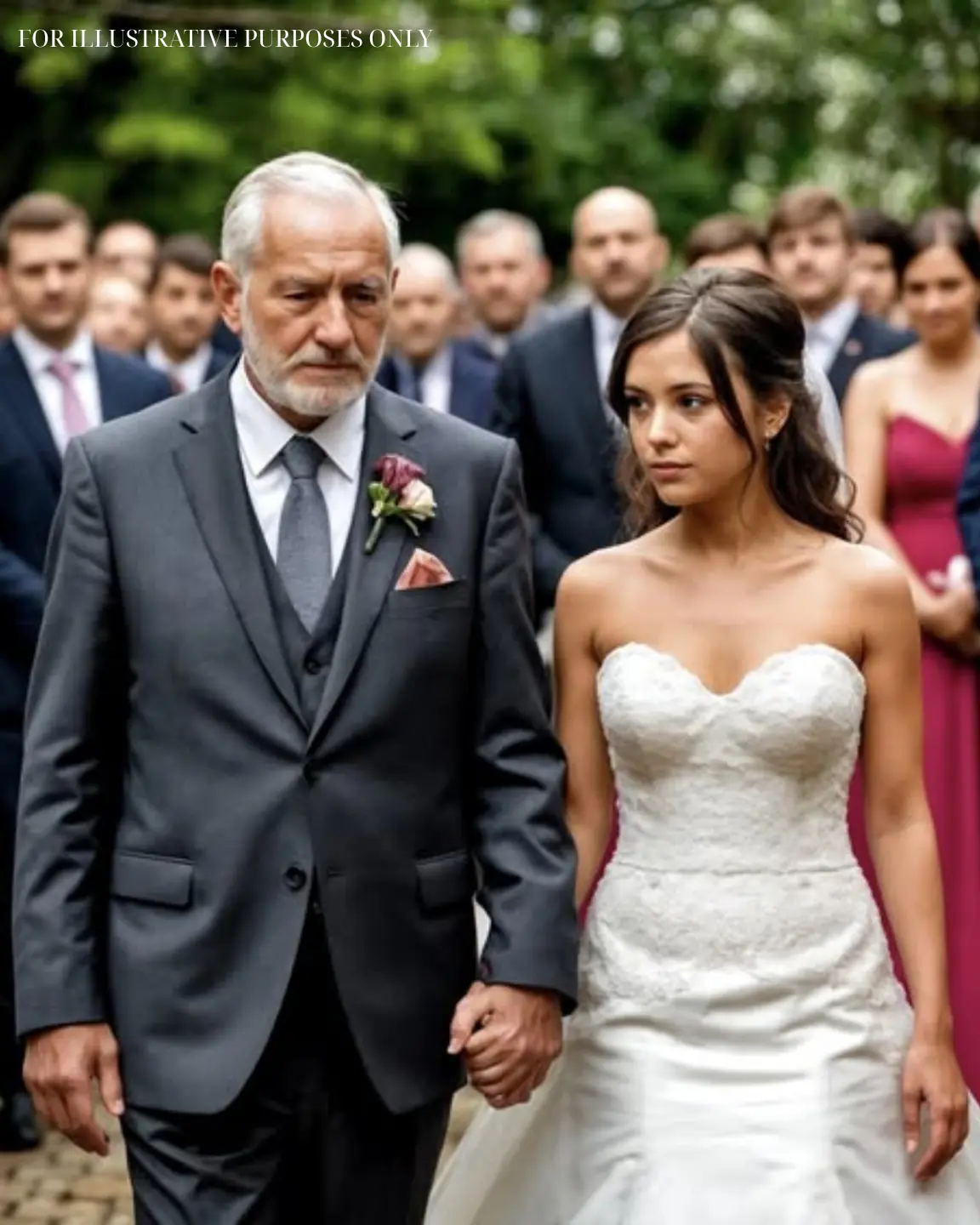
After 25 years, the father came to his daughter’s wedding — but he was turned away… And moments later, the crying spread among everyone present

Honey, I gave your sister the trip voucher, she needs it more — she’s going through a crisis, — her husband blinked innocently, having stolen his wife’s vacation
News Post
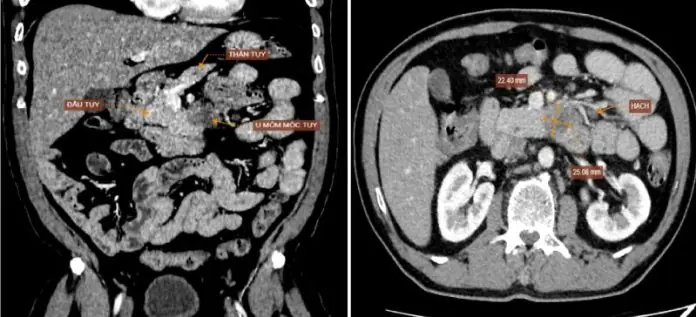
Discovered to Have One of the Deadliest Cancers After Just One Warning Sign

The Surprising Benefits of Drinking Turmeric Water at Night: 8 Reasons You Should Make It a Habit Today 🌙

Cloves, Ginger, and Lipton Tea: A Health-Boosting Trio Worth Gold
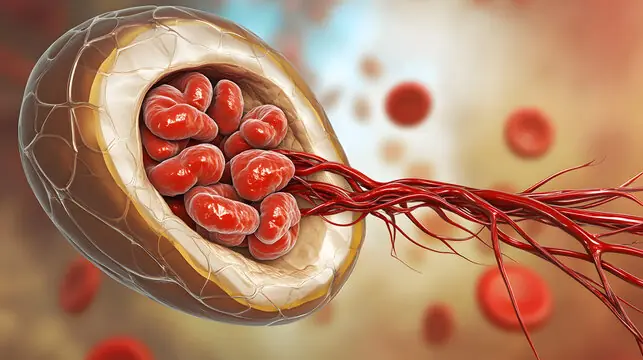
New Tiny Machine Removes Cholesterol from Arteries Without Surgery
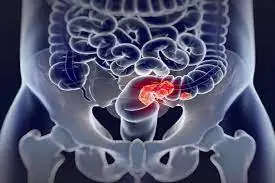
Powerful Simulation Reveals How Cancer Progresses and Ultimately Causes Death
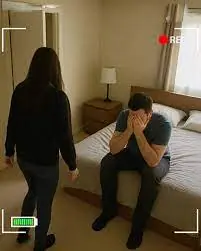
At My Husband’s Birthday Party, My Son Pointed and Said, 'That’s Her. The Same Skirt.'

My Husband Took Me on a Surprise Cruise — But When I Opened the Door, Everything Fell Apart

My Wife Found a Midnight Hobby – It Nearly Drove Our Neighbors Away
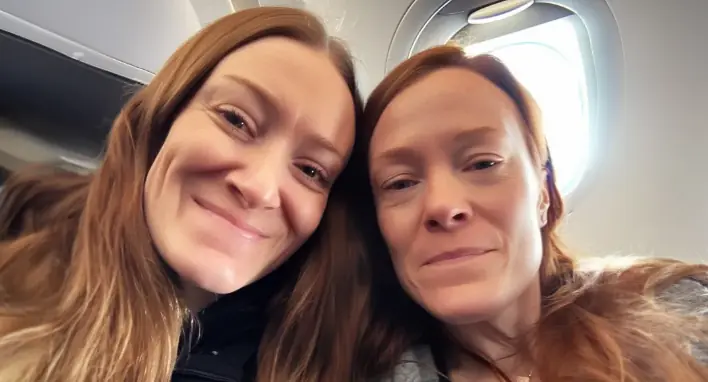
I Got Seated Next to My Husband’s Ex on a Flight – By the Time We Landed, My Marriage Was Over
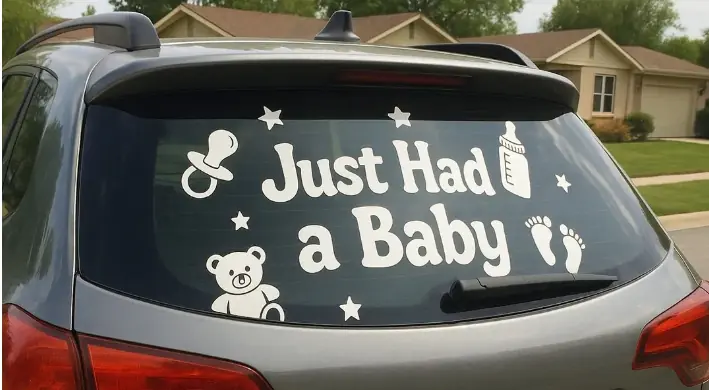
One Day, I Saw a 'Just Had a Baby' Sticker on My Boyfriend's Car — But We Never Had a Baby

Never Throw Away Lemon Peels Again: 12 Unusual Ways to Use Them
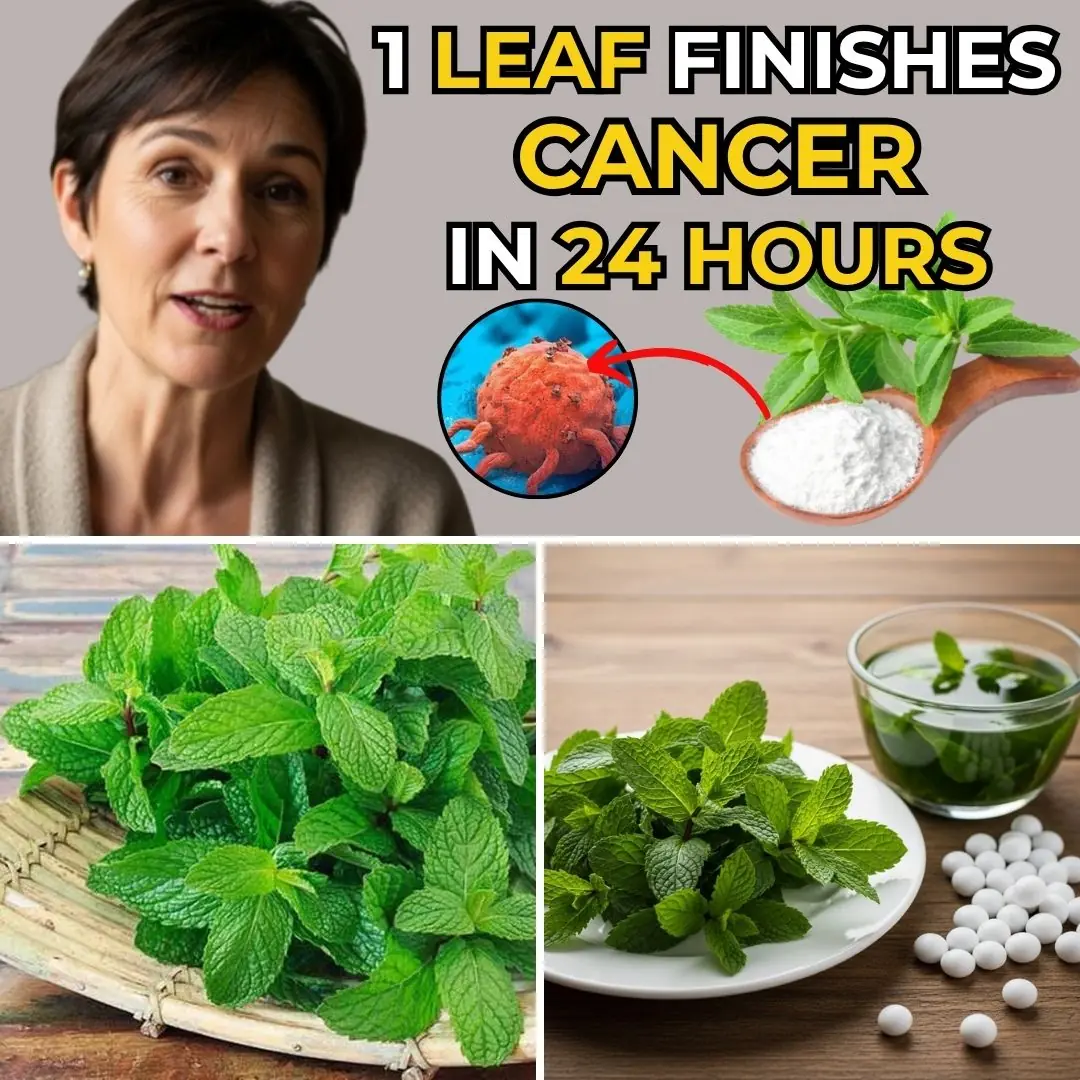
How People Over 50 Can Supplement Fiber for Better Health

Unleash Your Inner Alpha: The Natural Nighttime Boost You Need
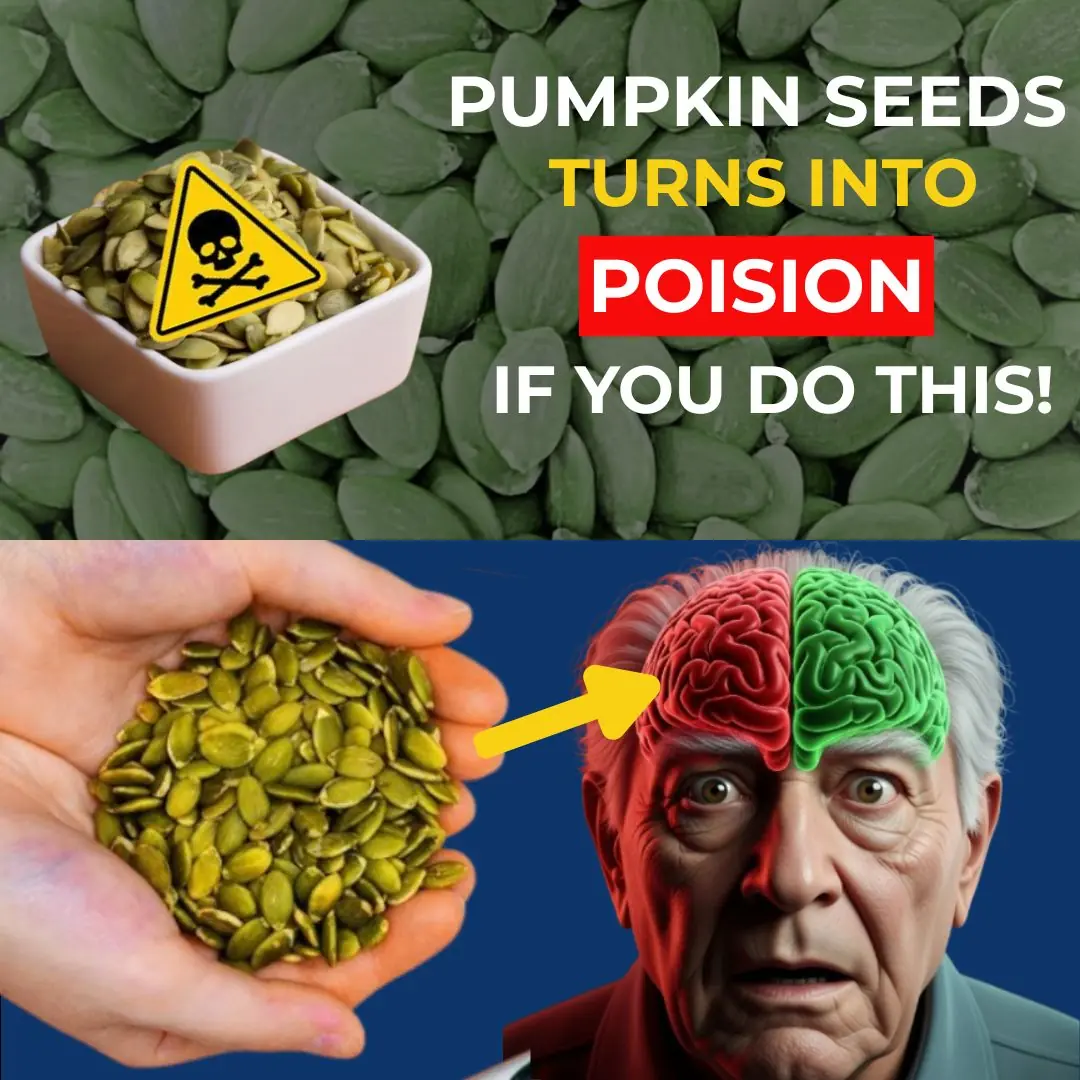
Stop Now! These 8 Pumpkin Seed Mistakes Trigger Irreversible Reactions in Your Body
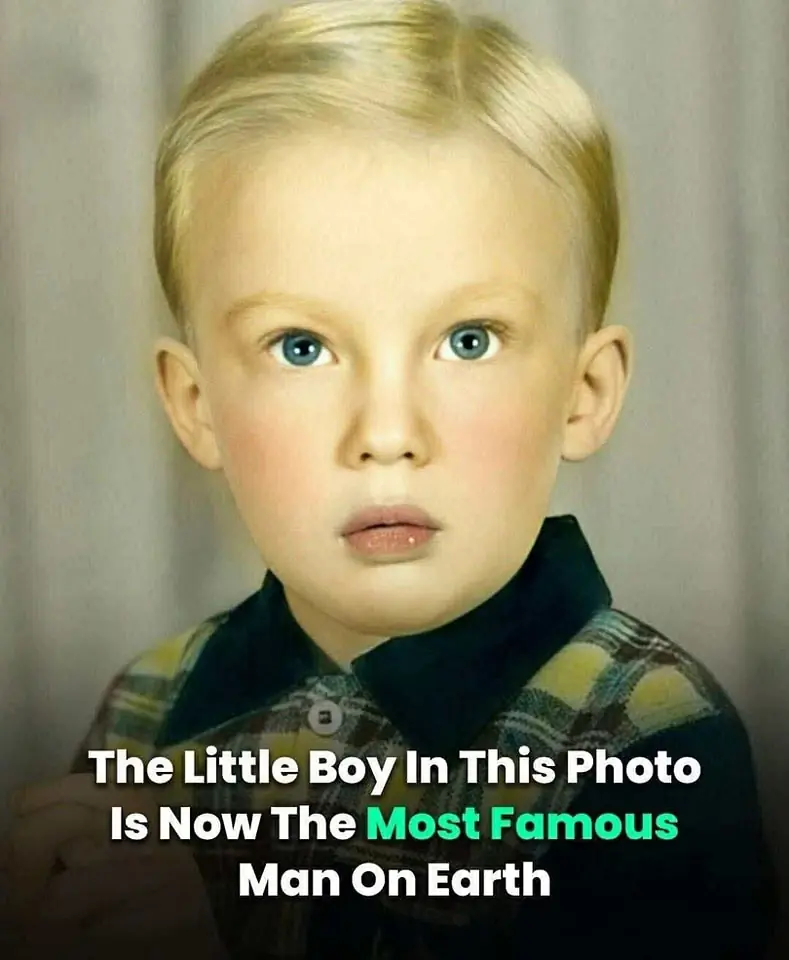
The photograph of a little boy who became one of the most recognizable men today

Three Family Members Diagnosed with Thyroid Nodules – The Mother Collapses: “I Thought Eating More of Those Two Things Prevented Cancer”

A Family of Four Siblings Diagnosed with Stomach Cancer – Doctor Shakes His Head: Two "Deadly" Common Habits Many People Share
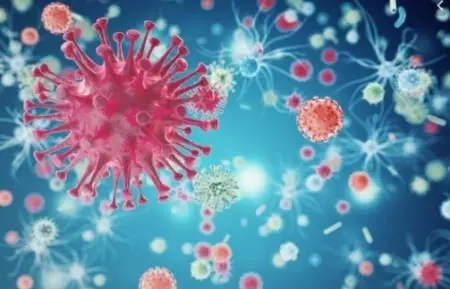
A 49-Year-Old Man Dies of Brain Hemorrhage – Doctor Warns: No Matter How Hot It Gets, Don't Do These Things

England Has Officially Started To Give Out New Injections That Treat 15 Cancers
